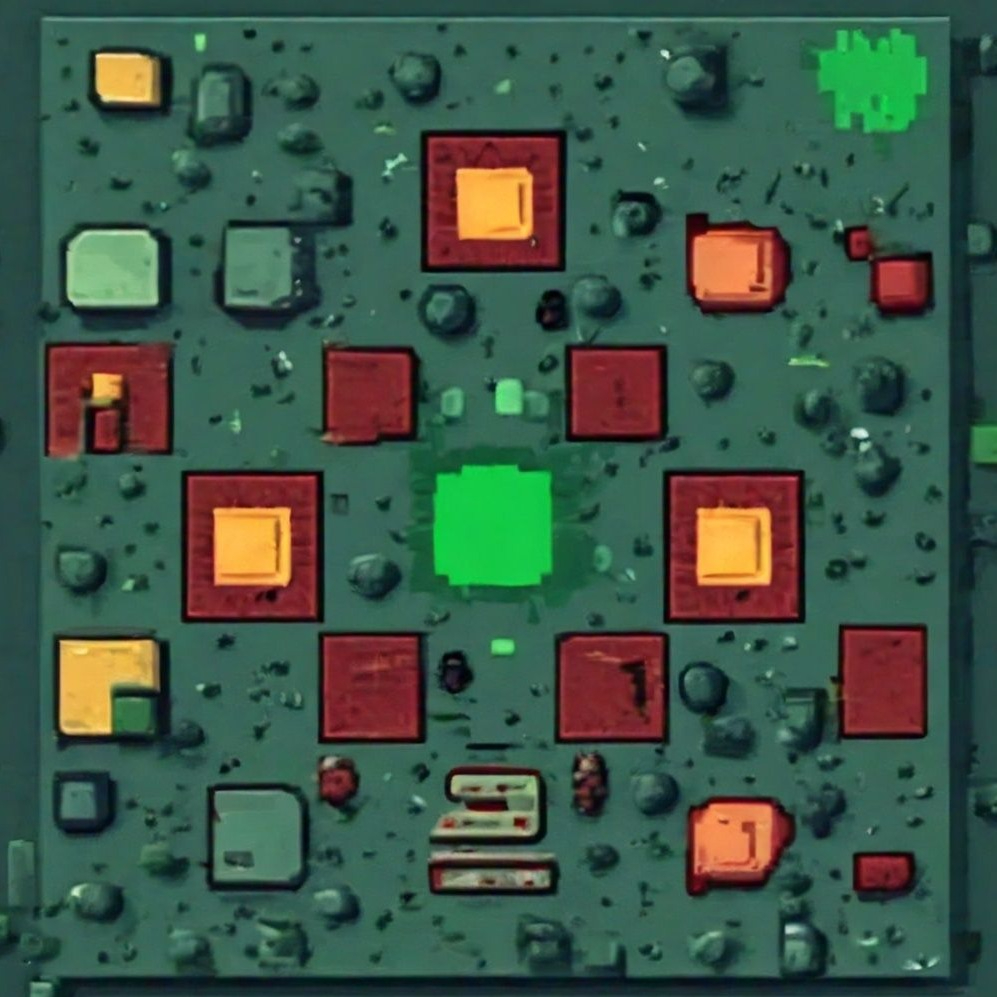Impact of Random Seed and Model Robustness on High-Quality Human Image Generation
by
November 25th, 2024
Audio Presented by

Unlocking shared blueprints with Homology, revealing evolutionary connections for a deeper understanding.
Story's Credibility

About Author
Unlocking shared blueprints with Homology, revealing evolutionary connections for a deeper understanding.
